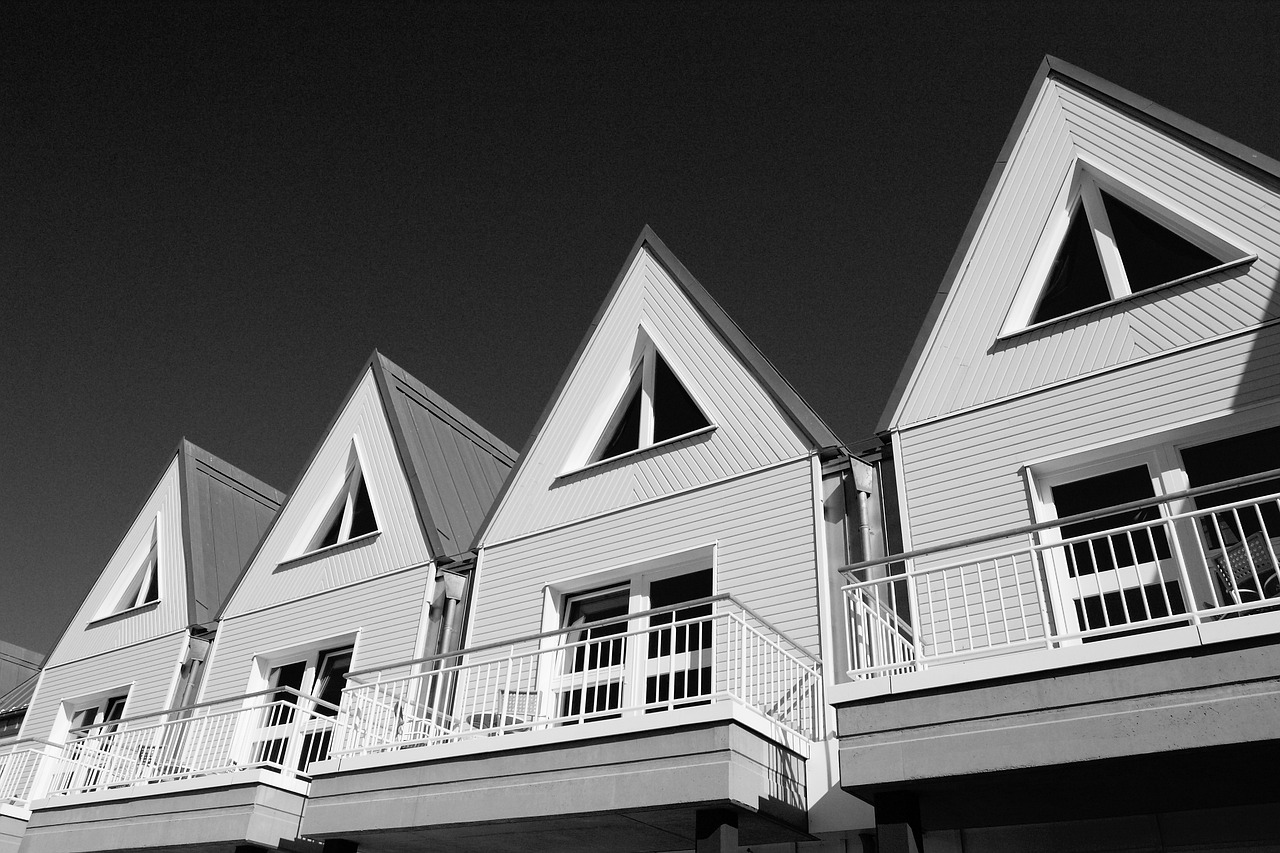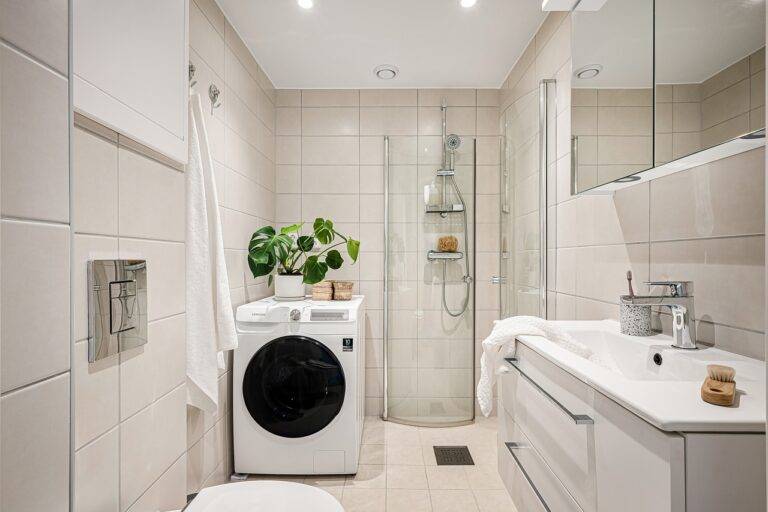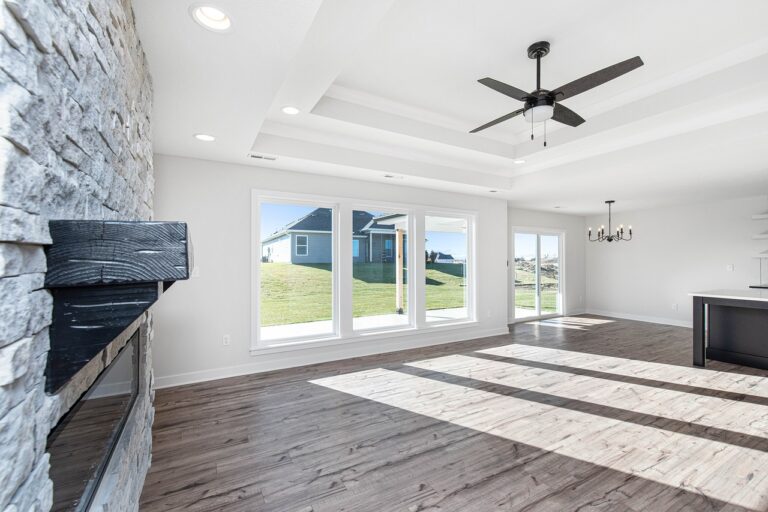The Impact of Ventilation on Home Energy Ratings: All pannel.com, Play99, Golds 365
all pannel.com, play99, golds 365: The Impact of Ventilation on Home Energy Ratings
When it comes to assessing the energy efficiency of a home, ventilation plays a crucial role. Proper ventilation can significantly impact a home’s energy ratings, affecting both its energy consumption and indoor air quality. In this article, we’ll delve into the importance of ventilation in home energy ratings and how it can influence the overall performance of a house.
Understanding the Role of Ventilation
Ventilation is the process of exchanging indoor air with fresh outdoor air to maintain adequate indoor air quality. In homes, ventilation systems help remove pollutants, odors, and excess moisture, improving the overall comfort and health of the occupants. However, ventilation also plays a critical role in energy efficiency.
Ventilation and Energy Ratings
In energy-efficient homes, ventilation is carefully designed to minimize energy loss while ensuring adequate air circulation. Proper ventilation can help reduce heating and cooling costs by allowing for controlled air exchange without compromising comfort. By incorporating energy-efficient ventilation systems, homes can improve their energy ratings and overall performance.
The Importance of Air Sealing
One of the key considerations when assessing the impact of ventilation on home energy ratings is air sealing. A well-sealed home prevents air leaks, which can lead to energy wastage and reduced efficiency. Properly sealing gaps, cracks, and joints in the building envelope can help maintain indoor temperatures, reduce energy consumption, and improve the overall energy rating of a home.
Types of Ventilation Systems
There are various types of ventilation systems that can be incorporated into homes to enhance energy efficiency. These include exhaust ventilation, supply ventilation, balanced ventilation, and energy recovery ventilation. Each system has its own benefits and can contribute to improved indoor air quality and energy ratings.
Ventilation and Indoor Air Quality
In addition to energy efficiency, ventilation also plays a crucial role in maintaining indoor air quality. Poor ventilation can lead to the buildup of pollutants, allergens, and moisture, which can adversely impact the health and well-being of the occupants. By ensuring adequate ventilation, homes can create a healthier living environment while improving their energy ratings.
FAQs
Q: How does ventilation impact energy consumption?
A: Proper ventilation allows for controlled air exchange, reducing the need for excessive heating and cooling, which can lower energy consumption.
Q: Can ventilation systems improve indoor air quality?
A: Yes, ventilation systems help remove pollutants, odors, and excess moisture, improving indoor air quality and creating a healthier living environment.
Q: What are some common issues with ventilation in homes?
A: Common issues include inadequate ventilation, air leaks, and improper system design, which can lead to energy wastage and reduced efficiency.
In conclusion, ventilation plays a critical role in home energy ratings, influencing both energy consumption and indoor air quality. By incorporating energy-efficient ventilation systems and ensuring proper air sealing, homes can improve their overall performance and create a healthier living environment for the occupants.







